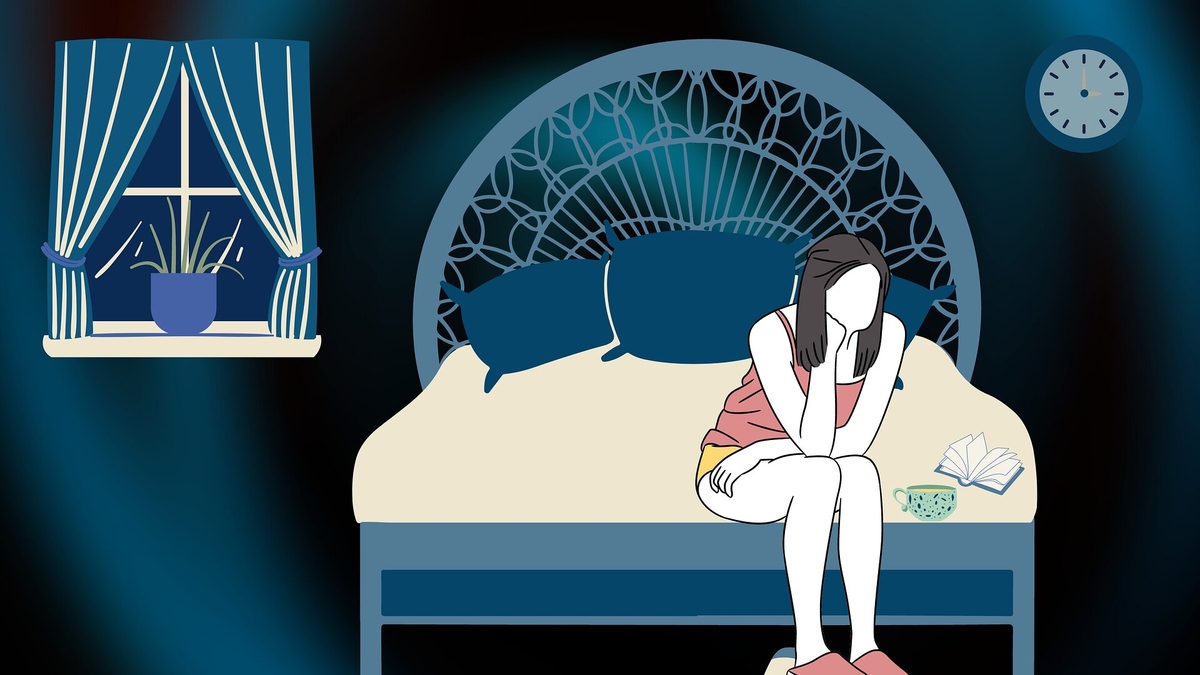
The Intricate Relationship Between Sleep, Body Clock, and Mental Health
Recent research has highlighted the profound relationship between sleep, our internal body clock, and mental health. It has been found that disturbances in sleep and circadian rhythms can trigger or exacerbate psychiatric disorders. People with mental health disorders often experience sleep disturbances, including insomnia and circadian rhythm sleep-wake disorders. This connection is particularly prevalent among adolescents and young adults, who are often in a crucial phase of their mental and physical development.
Understanding the Internal Body Clock
The body’s internal clock, also known as the circadian rhythm, is responsible for regulating numerous biological processes, including sleep. Disturbances in this internal rhythm can manifest as insomnia or other sleep disorders. Factors such as genetic predisposition, exposure to light, neuroplasticity, and physiological and behavioral changes during adolescence can contribute to these sleep-circadian disturbances. This intricate relationship plays a critical role in the onset and progression of mental health disorders.
Impact of Sleep Disturbances on Mental Health
Studies have found significant differences in sleep patterns and rhythms among patients presenting unipolar or bipolar major depressive episodes. Sleep disturbances are not only a symptom but also a potential trigger for psychiatric disorders. For instance, body clock processes have been reported to run ahead during manic episodes and behind during the depressive phase. Sleep is also thought to play a key role in how the brain forms new neural connections and processes emotional memories. Therefore, addressing sleep-circadian disturbances could be a key factor in preventing and treating psychiatric disorders.
New Treatments and Interventions
As our understanding of the link between sleep, circadian rhythms, and mental health grows, so does the development of new treatments and interventions. Cognitive Behavioral Therapy for Insomnia (CBT-I), light therapy, and personalized interventions tailored to individual circadian parameters are emerging as promising strategies to improve mental health outcomes. The timing of medication, meals, and exercise could also impact circadian phases and consequently affect mental health.
The Role of Lifestyle Factors
Lifestyle factors such as night shift work and eating patterns can also impact mental health. Working at night can disrupt the natural circadian rhythm and adversely affect mental health. On the other hand, eating during the daytime rather than at night could help prevent mood impairment and promote better sleep and overall health. This highlights the importance of holistic approaches in addressing mental health issues.
Conclusion
Understanding the relationship between sleep, body clock, and mental health is crucial for developing effective treatments for psychiatric disorders. Targeting sleep and circadian risk factors presents the opportunity to develop new preventative measures and therapies. As research in this area continues to evolve, it is hoped that this will lead to more effective solutions for those struggling with psychiatric disorders, contributing to improved mental health outcomes and overall quality of life.
